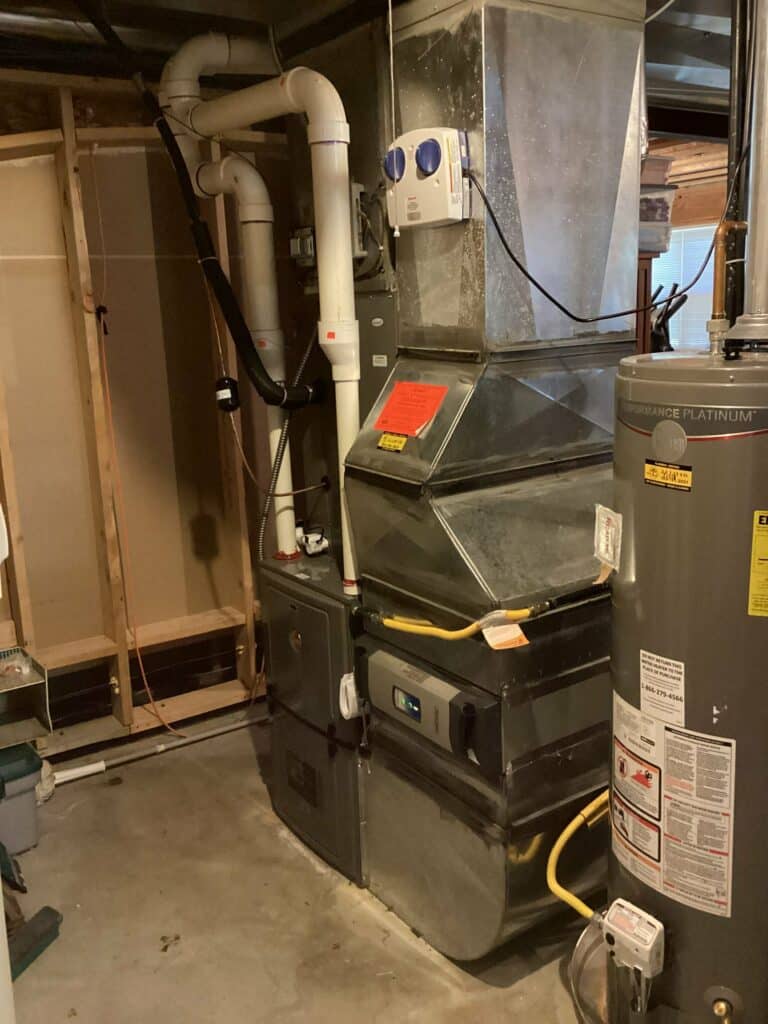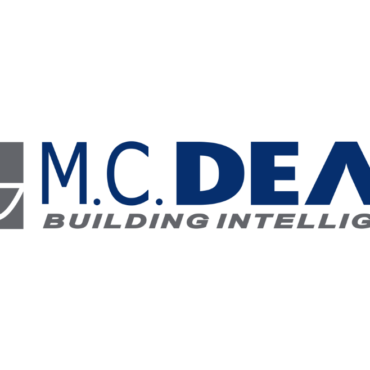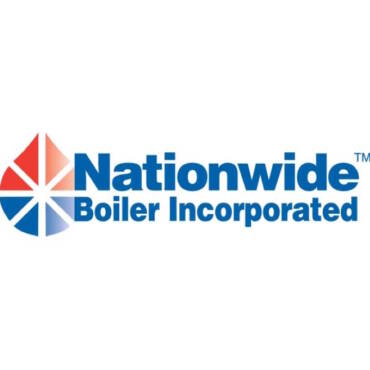When it comes to keeping your home warm during Denver’s chilly winters, the size of your heating system plays a critical role. Proper sizing ensures comfort, energy efficiency, and a longer-lasting system.
However, many homeowners overlook this crucial step, leading to unnecessary costs and discomfort down the line. In this guide, our Denver heating experts will explain why sizing matters, the factors involved, and how to choose the right heating system for your home.
So read on to learn everything you need to know, and give us a call if you need help or have any questions about heating installations in Denver and the surrounding area!
Why Heating System Sizing Matters
Heating system size refers not to its physical dimensions but to its heating capacity, typically measured in BTUs (British Thermal Units). The right size is essential for:
- Energy Efficiency: Systems that are too small or too large waste energy.
- Comfort: Properly sized systems maintain consistent, even warmth throughout your home.
- System Longevity: Correctly sized systems experience less strain, reducing wear and tear and extending their lifespan.
Improper sizing can lead to two major issues:
- Undersized Systems: A heating system that’s too small will struggle to heat your home. It will run constantly, leading to higher energy bills and faster wear on components.
- Oversized Systems: Bigger isn’t better. An oversized system will heat your home too quickly, causing it to turn on and off repeatedly—a process called short cycling. This wastes energy, increases utility costs, and shortens the system’s lifespan.
Factors That Influence Heating System Sizing
To properly size a heating system, an HVAC professional conducts a Manual J calculation—a detailed assessment of your home’s heating requirements. Key factors include:
- Home Size and Layout: The square footage of your home and the number of rooms affect how much heat is needed.
- Denver’s Climate: Our cold winters mean your heating system must handle extended periods of low temperatures.
- Insulation Levels: Well-insulated walls, ceilings, and windows reduce heat loss, lowering your heating demand.
- Air Leakage: Drafts or poorly sealed windows and doors increase your heating needs.
- Sunlight and Heat Gains: Large windows or south-facing rooms may require less supplemental heating.
- Lifestyle Factors: Occupancy patterns and how often rooms are used can influence heating requirements.
Common Sizing Mistakes
Many homeowners fall into the trap of oversimplifying their heating needs by using square footage alone to select a system. This approach ignores critical variables like insulation, climate, and air leakage. Other common errors include:
- Choosing a system based solely on price
- Overestimating the benefits of an oversized system
- Neglecting to consider future home improvements, like adding insulation or expanding your living space
How to Properly Size Your Heating System
Follow these steps to ensure your Denver heating system is the perfect fit for your home:
1) Schedule a Professional Load Calculation
A licensed HVAC professional will evaluate your home’s specific heating needs using a Manual J calculation.
2) Understand Efficiency Ratings
Look for systems with high AFUE (Annual Fuel Utilization Efficiency) ratings, which indicate how efficiently the system converts energy into heat.
3) Match Capacity to Your Home’s Requirements
Ensure the system’s BTU output aligns with your home’s heating load.
4) Consider Smart Solutions
For larger homes, consider zoning systems or smart thermostats to tailor heating to specific areas.
Choosing the Right Heating Equipment
The Denver climate demands reliable, energy-efficient heating systems. Consider these options:
- Furnaces: Popular in Denver, furnaces are available in gas, electric, and oil models. Look for high-efficiency units with variable speed motors.
- Heat Pumps: Ideal for moderate climates, heat pumps can provide heating and cooling. Advanced models like air-source or geothermal heat pumps are worth exploring.
- Boilers: A great option for homes with radiant heating systems, boilers deliver consistent, even warmth.
When selecting a system, balance initial costs with long-term energy savings. Modern systems with advanced features may have higher upfront costs but can significantly reduce energy bills over time.
Maintaining a Properly Sized System
A correctly sized system will only perform optimally with regular maintenance. Here’s how to keep it running efficiently:
- Replace filters regularly to maintain airflow.
- Schedule annual professional inspections to address potential issues early.
- Clean and calibrate components as needed to preserve efficiency.
Routine care ensures your system operates efficiently throughout its lifespan, providing consistent comfort.
Trust Bell for Your Denver Heating System Installation
At Bell Plumbing, Heating, Cooling & Electrical, we’ve been helping Denver homeowners find the perfect heating solutions for over 90 years. Proper heating system sizing is just one part of our comprehensive approach to home comfort.
Whether you need a new heating system or want to schedule a professional load calculation, we’re here to help. Contact us today to ensure your home stays warm and energy-efficient this winter!
Whether you require installation, repair, or maintenance, our technicians will assist you with top-quality service at any time of the day or night. Take comfort in knowing your indoor air quality is the best it can be with MOE heating & cooling services Ontario's solution for heating, air conditioning, and ventilation that’s cooler than the rest.
Contact us to schedule a visit. Our qualified team of technicians, are always ready to help you and guide you for heating and cooling issues. Weather you want to replace an old furnace or install a brand new air conditioner, we are here to help you. Our main office is at Kitchener but we can service most of Ontario's cities
Source link



